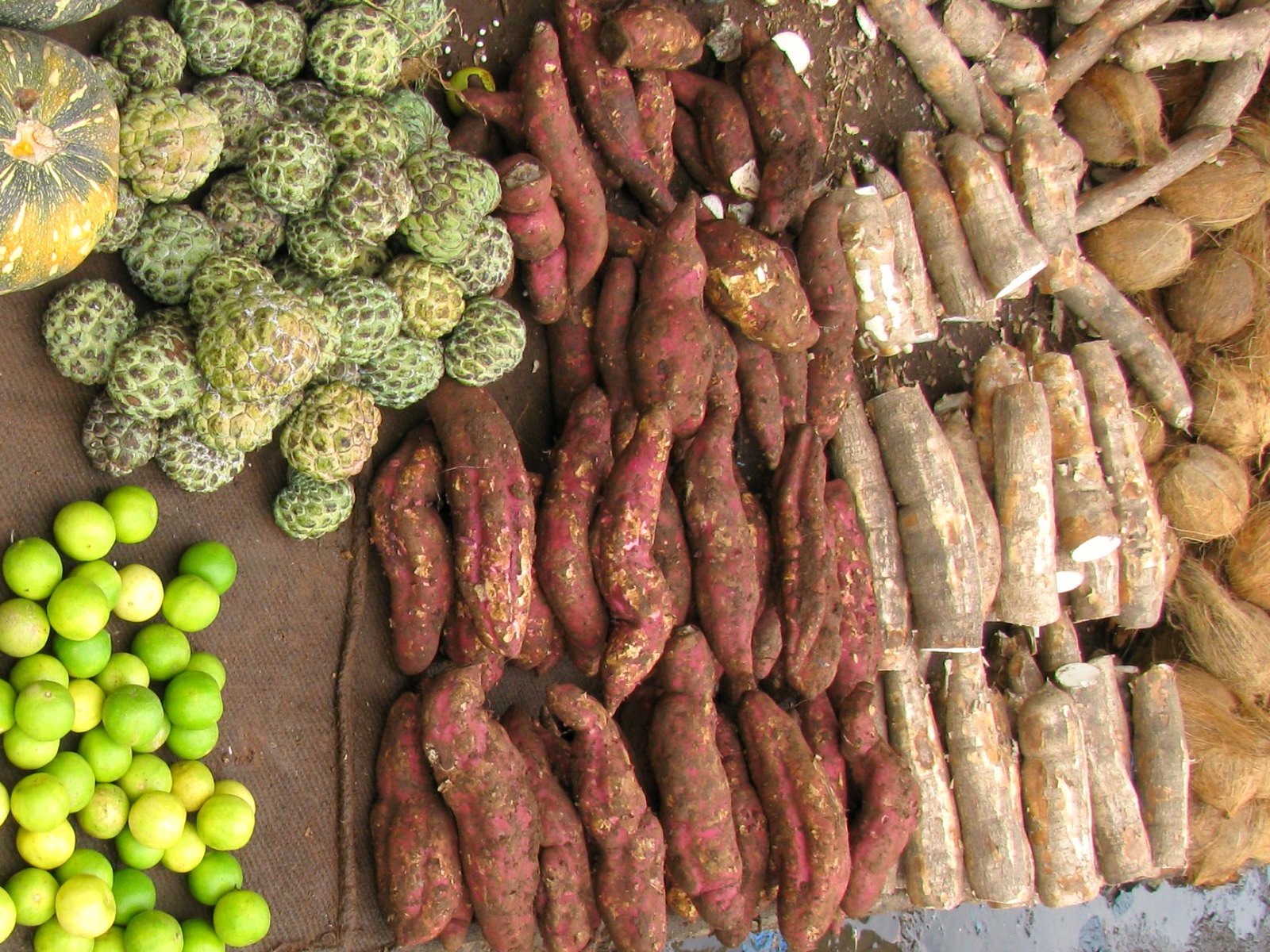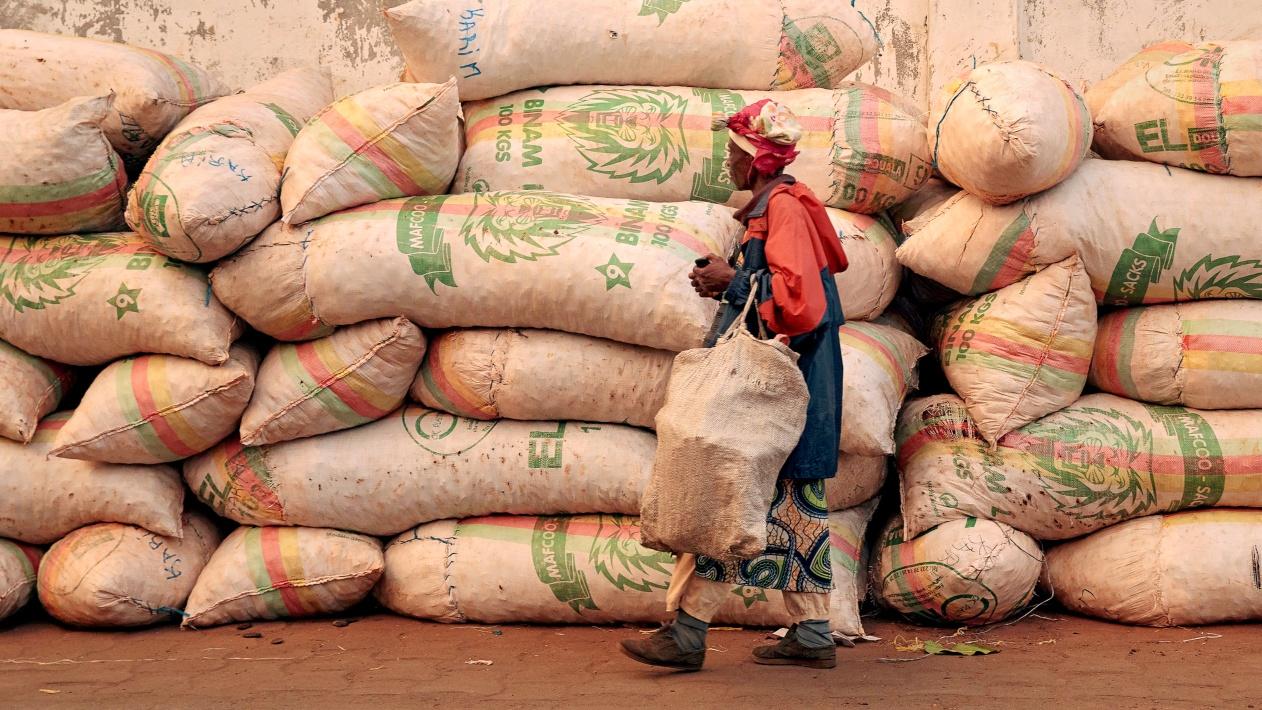The adoption of the Customary Land Act and the Land Commission Act in 2022, represents a historic first for Sierra Leonean women. These laws address inequalities in land ownership and access for women who have historically been disenfranchised writes Bankolay Theodore Turay, but wider societal changes are needed.
The newly enacted laws grant ownership rights to all citizens, including non-natives and women. The enacted law intends to promote gender equality and ensure that married couples can jointly register land ownership. Land title will now be registered in family names to ensure the consent of both the husband and wife is required before family-owned land is disposed of.
In rural communities across Sierra Leone, land is the most critical economic resource for most poor women. These women depend on land for their subsistence. Women’s ownership and control of land can affect what households produce and how the proceeds from agricultural production are allocated within the family which has implications for their communities and local economies.
Most Sierra Leonean women lack access, control, and ownership of land and have less secure rights as a result. This limits their economic opportunities leaving them personally vulnerable to poverty, gender-based violence and displacement. Significant efforts have been made to formalise and strengthen women’s land tenure and property rights recently, with some villages introducing by-laws and better documentation of the land owned by women.
These latest land reforms will be a positive change for women’s empowerment, food security and family nutrition, economic growth, and broader rural and urban development.
More rights, still less land
When it comes to land in Sierra Leone, informal and customary arrangements dominate. Custom is often a powerful, authoritative, and even unshakable force, with greater power to shape actions than the law.
Despite the recent new laws giving women more land rights in principle, they still lack land equality. Women play an active role in food production and are responsible for producing food for their own family’s consumption. Yet women are still less likely to own or control land than men. Although there is currently limited rigorous data on gendered land ownership, the best available data shows large differences between women’s participation in agricultural production and their ownership of farms in most of rural Sierra Leone. Agriculture employs more than 60 per cent of the population of Sierra Leone and accounts for almost half of its gross domestic product and women represent about 70 per cent of Sierra Leone’s agriculture workforce.
Most plots farmed by women often have lower agricultural productivity than those farmed by men due to the size, quality, and location of the land. Social norms and gender-based preferences may constrain women’s ability to access and use needed land for livelihood activities.
In rural areas, women’s land rights are governed by different cultural, customary, and personal laws depending on whether she is a native or a non-native. Typically, natives are governed by customary law, and non-natives are governed by general law. This distinction dates back to the colonial period when the British protectorate distinguished “natives” from “non-natives”, who were largely newly arrived former slaves from the United States, England, and Jamaica. This distinction still applies today, especially regarding estate administration, land ownership and land acquisition for women.
Any future land reform should help women access land, make investments to improve their land and acquire better quality inputs to receive more income. When women have secure land rights, they have higher economic gains, which in turn increases women’s livelihood security and participation in household decisions. They can use the land more efficiently, and agricultural investment and production increase. Closing the gender gap in gaining access to land is fundamental not only for women’s empowerment but also for broader family food security, children’s health, and economic gains.
Approaches to inclusive land reform
Land reform efforts must prioritise equal gender property rights in principle and in practice.
Women must be supported to exercise their legal land rights. Additional focus must be given to the quality of land they receive, and how land is transferred after marriage or a spouse’s death. For example, in some instances, to keep using the same land women are asked to marry another male member of the family or are asked to return the land to the pre-marital owner.
Local and national governments must continue land governance reforms, including legal reforms to harmonise family, marriage, and inheritance laws to give women a level playing field to inherit land.
Expanding legal protections for women’s rights to land and protection from gender-based discrimination in customary and statutory land systems is essential. Authorities must work with customary leaders to promote women’s access to, and control over, land and to educate both women and men on the benefits of recognising women’s land rights. Such action will increase awareness of the need for women and men to have equal land rights, reduce issues of domestic violence, and increase women’s participation in decision-making processes in the household.
It is crucial to acknowledge the agency, innovation, and public activism of women. More support must be provided to ensure that the brilliant and potent ways that women engage in struggles for land rights are strengthened, to reaffirm the commitment that women are already making in agitating for their right to land through their own approaches.
Photo credit: jbdodane used with permission CC BY-NC 2.0






Great article. Thank you for pushing for the right of women for the equal opportunity in land ownership.
Great work! Hoping that soon women would have equity and justice on land ownership rights
Thank you for this great piece! It was super refreshing to read about women’s rights being talked about. Thank you Bankolay.